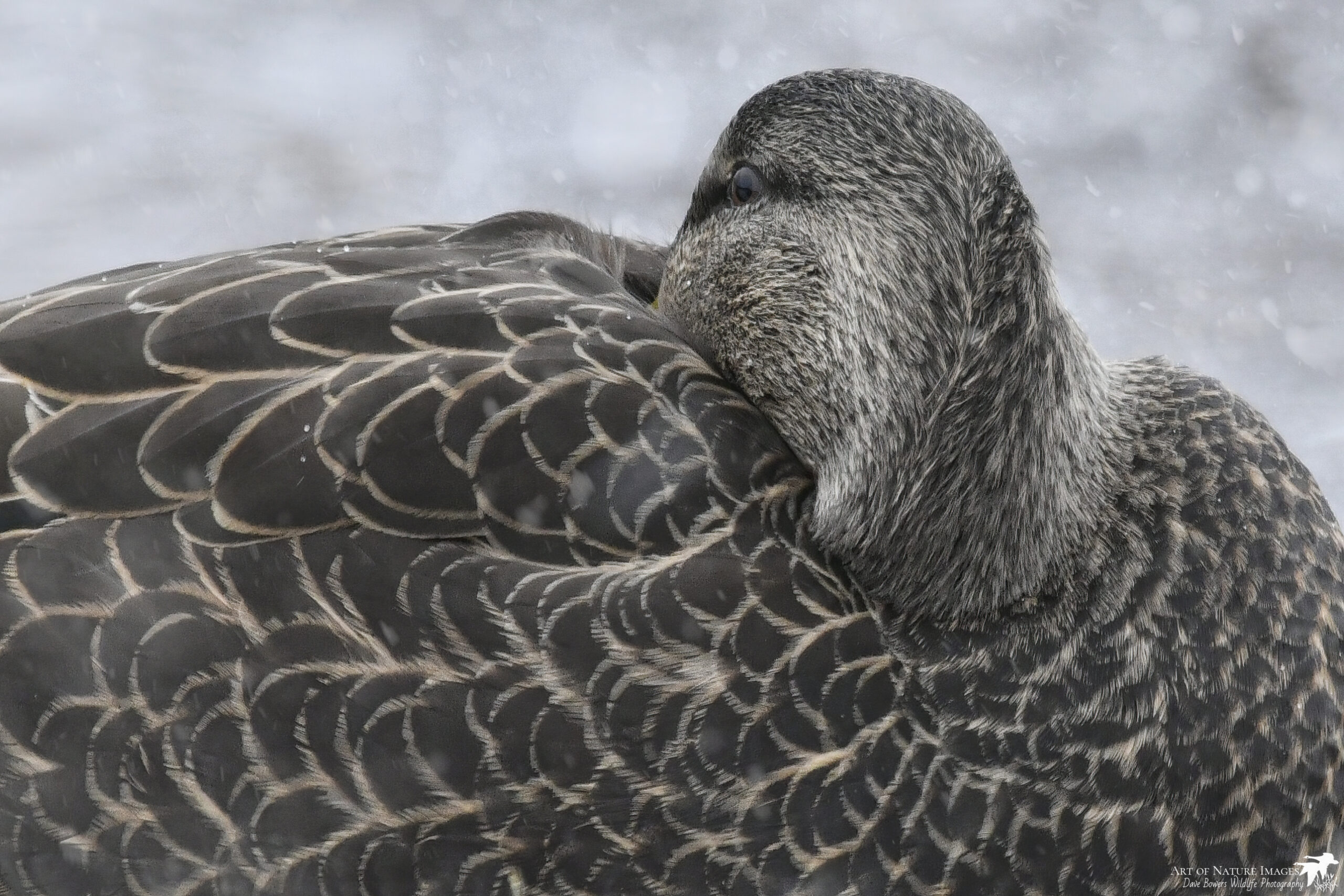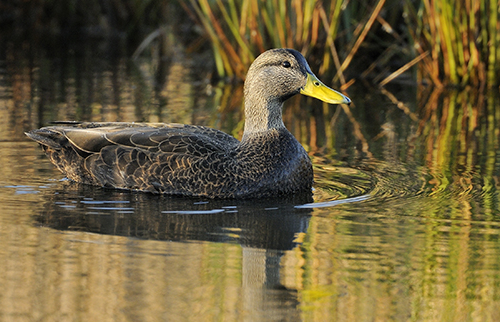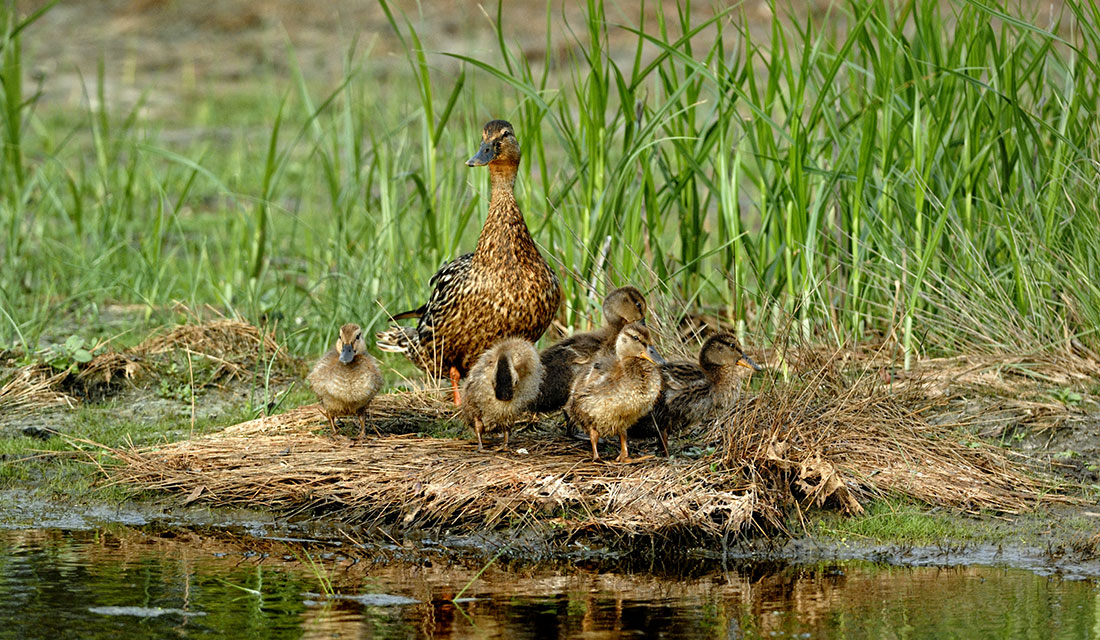NAWCA Grants Benefit Black Duck
American Black Duck benefits greatly–perhaps more than any other species–from our partners’ NAWCA grant projects in the ACJV. Maine, which contains high-quality breeding habitat as well as staging and wintering habitat (along the coast) has seen tremendous NAWCA-related accomplishments in recent years. The latest projects approved in Maine will protect 33,716 acres of working forest land in the watershed north of Umbagog NWR (with extensive lake and river frontage, beaver flowages and other prime habitat) plus another 3,130 acres scattered across Maine’s entire coastal zone. These projects are among the 22 different grants–totalling $30M–that have collectively conserved 191,524 acres in Maine since 2018, leveraging $76.3M in non-federal match, plus another $21.5 M in non-matching funds. That burst of grant activity was sparked by the donation of 87,500 acres of private land (valued at >$80M) for the “Katahdin Woods and Waters” National Monument.
Working Lands for Wildlife Black Duck positions in Mid-Atlantic
For many years, ACJV staff have been involved in partner efforts to engage with–and make better use of – the USDA’s Natural Resources Conservation Service (NRCS) resources to benefit our priority species and habitats. Nowhere has this been more true than in the Mid-Atlantic Region generally, and Chesapeake Bay Watershed specifically, where the largest concentration of American Black Ducks winter, along with many other waterfowl. We supported NRCS and partner efforts to prioritize Black Duck through a “Working Lands for Wildlife” (WLfW) Initiative targeting American Black Duck in New Jersey, Delaware, Maryland, and Virginia. In 2017 we got two years of funding through the Chesapeake Bay Program for a “private lands biologist” to do outreach and facilitate NRCS contracts on private lands to restore and enhance wetlands and protect the marsh migration zone for the benefit of Black Duck and other priority species. That effort resulted in at least a dozen new NRCS projects in Maryland.
In 2019, NRCS helped advance a Working Lands For Wildlife Coordinator position, and the partnerships with private landowners have continued to grow over the last 8 years. Ducks Unlimited (DU) in particular has built on the existing Delmarva Wetland Partnership, a collaboration between The Nature Conservancy, Ducks Unlimited, NRCS, FWS, and the state agencies in Delaware, Maryland, and Virginia. DU has obtained funding for additional private lands biologists and an engineer to help partners implement innovative restoration practices on private lands throughout the Chesapeake Bay and beyond (e.g., in PA, NJ, and the Atlantic Coast of the Delmarva Peninsula). That work includes developing design standards for marsh migration work, large-scale control of phragmites, and restoration of freshwater wetlands. Targeted private land projects are advancing Working Lands for Wildlife goals, specifically for the American Black Duck, while improving water quality by restoring wetlands in fallow ag fields, which will supplement critical wetlands for wildlife. This work also provides critical climate mitigation and community resilience benefits.
DU and other partners are expanding this effort, and targeted opportunities in the Delaware River Watershed, including New Jersey. To date over 106-acres of critical wetland habitat restoration has been implemented on private lands. An additional 125 landowners are enrolled in NRCS programs. Similarly, DU and partners have engaged over 250 landowners with technical assistance, and outreach efforts, such as, virtual, media, and mailings have connected with thousands of local private landowners through the Delmarva. At the last Management Board meeting, in Deleware, some of you may have seen a TV commercial talking about Black Ducks and pitching NRCS programs for work on private lands!



